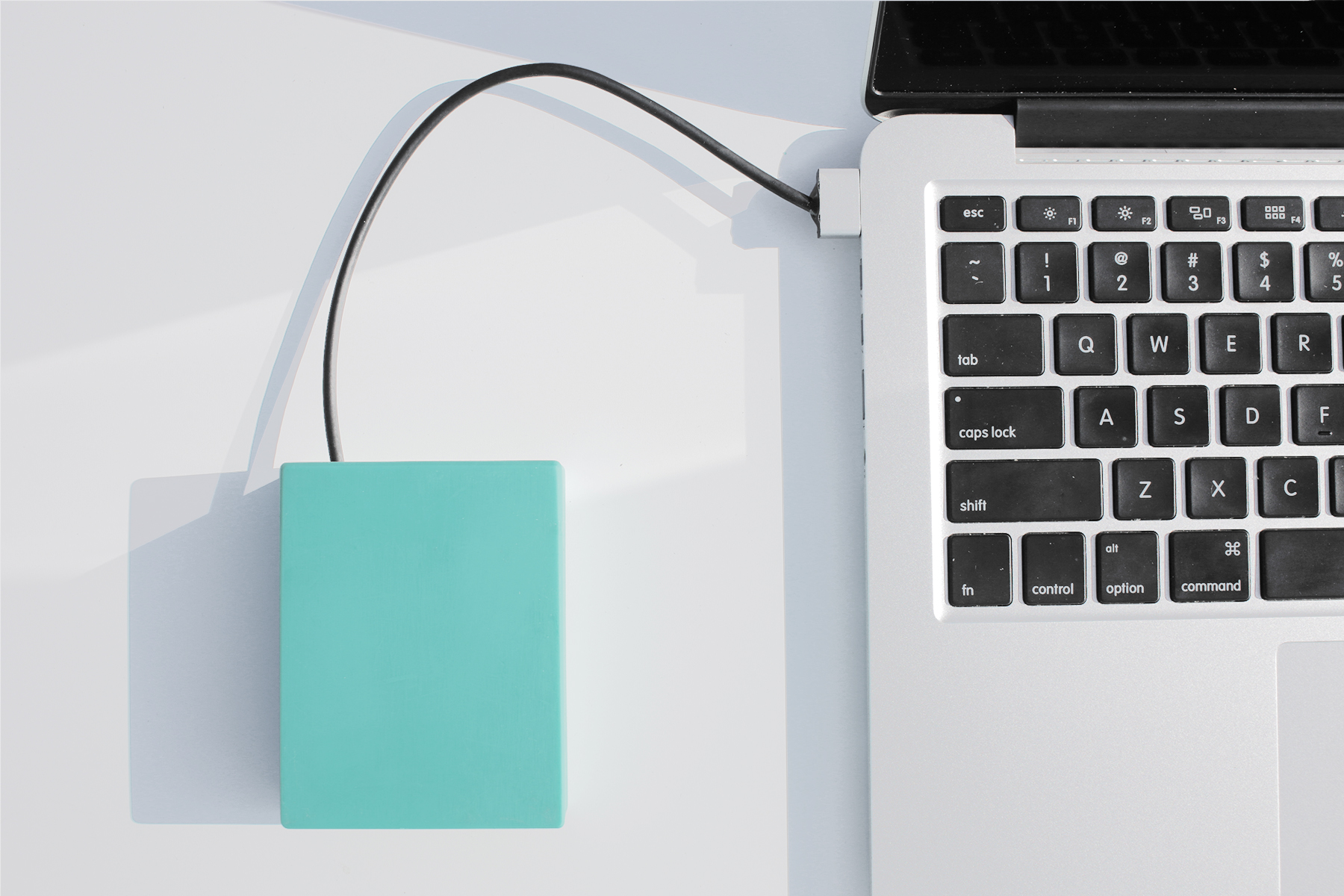
BatteryBox can charge one Apple MacBook Air or 8 iPhones in one go
Battery life continues to be the weak spot of mobile devices. Smartphones, tablets and laptops can quickly run out of juice, rendering them useless in mere hours. In places with access to the power grid the battery can be easily recharged, but that may not be the case in other locations. I often find myself in this position while traveling. Tethering makes it even worse.
Road warriors can turn to external batteries, which usually pack a decent charge, but also see a noticeable degradation in performance over time. BatteryBox is a new entry in this market that is touted to keep power-hungry devices running for many hours in one go, while never losing capacity.

ToneFone turns using your iPhone into a workout
Apple’s iPhone has been getting lighter (and thinner) with each iteration, and while most of us view that as a good thing, UK based healthy living brand Desirablebody.co.uk has a different opinion, believing much, much heavier phones could help us get fitter.
"In the 80s carrying around a mobile phone meant carrying some serious weight -- and that could sometimes be a mini workout all by itself," Fitness Manager, James Finlayson states. So Desirablebody.co.uk has introduced a case that takes mobile phones back to their roots and transforms the iPhone into a dumbbell. No, seriously.

Corporate greed in the face of disaster must end, stop capitalizing on grief
I will pull no punches here. It’s plain and simple to explain -- just days after Malaysian Airlines flight 370 went missing, with whereabouts and outcome still unknown, the pack of wolves began to attack. Emails arrived at BetaNews desks advertising corporate solutions to family grief. Are they mad?
Do the families of missing people really worry about the lost password to Facebook or Twitter? This sort of ambulance chasing, as it was long ago named, should have died with the era in which the phrase was coined.

The most popular stories on BetaNews this past week March 2 -- 8
It's been a busy week for Microsoft -- and not necessarily for the reasons the company might have expected. For anyone unwilling to wait until April to receive Windows 8.1 Update, a few methods emerged that made it possible to grab a copy of the eagerly awaited update ahead of the official launch. While some of these options appear to have been stopped in their tracks, where there's a will there's a way, and numerous users -- my good self included -- jumped on the downloads as soon as possible. Some were impressed while others -- yep, me again! -- were not. Perhaps it is little wonder that Windows XP usage continues to grow faster than that of Windows 8.x. This lead to analysts suggesting that the decline of the PC will be slowed rather than avoided by the continued popularity of XP.
Windows 8.1 Update wasn't that only Microsoft download that was on the agenda this week. Brian had details of how Windows RT users can update their copies of Office 2013 to SP1. At the top of Microsoft, a quick reshuffle saw a change of faces in a number of key positions as well as the departure of some well-known characters. Skype rolled out to Outlook.com around the world and gained HD video calling as well. It is normally Microsoft that is to be found on the giving-end of a smeary advertising campaign (hello, Scroogled), but after the Oscars it was Nokia poking fun at Ellen DeGeneres' blurry selfie that was taken on a Samsung device.
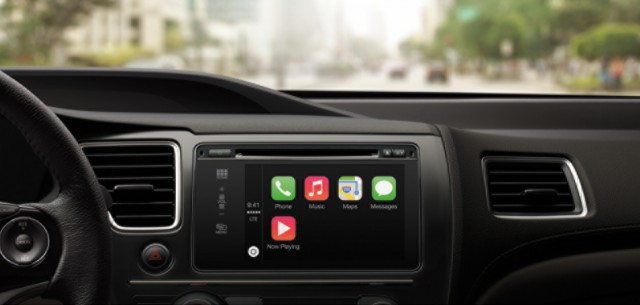
Apple announces CarPlay -- a new way for drivers to use iPhone in the car
It’s been rumored for a while, but today Apple announces its new in-car interface that will let iPhone users make calls, use Maps, listen to music, and access messages with just a word or a touch. It will debut this week at the Geneva International Motor Show.
"CarPlay has been designed from the ground up to provide drivers with an incredible experience using their iPhone in the car," says Greg Joswiak, Apple’s vice president of iPhone and iOS Product Marketing. "iPhone users always want their content at their fingertips and CarPlay lets drivers use their iPhone in the car with minimized distraction. We have an amazing lineup of auto partners rolling out CarPlay, and we’re thrilled it will make its debut this week in Geneva".

Windows Phone will still be in Android and iPhone's shadow four years from now
Even though Windows Phone is definitely making inroads and is considered to be the fastest-growing smartphone operating system, in 2013 its market share came in at less than 4 percent, according to research firms IDC and Strategy Analytics. Consumers are (still) much in love with Android smartphones and iPhones, giving Windows Phone too little attention.
In its latest smartphone market forecast, IDC claims that Windows Phone will still lurk in the shadows four years from now, as its market share in 2018 is estimated to climb to just seven percent. Shipments of devices running the tiled mobile OS are expected to reach 121.8 million units, which would be a huge improvement over the roughly 35 million units in 2013, but still not nearly enough to catch up to Apple's iPhones or Android smartphones, which shipments IDC estimates will reach 249.6 and 1,321.1 million units, respectively.
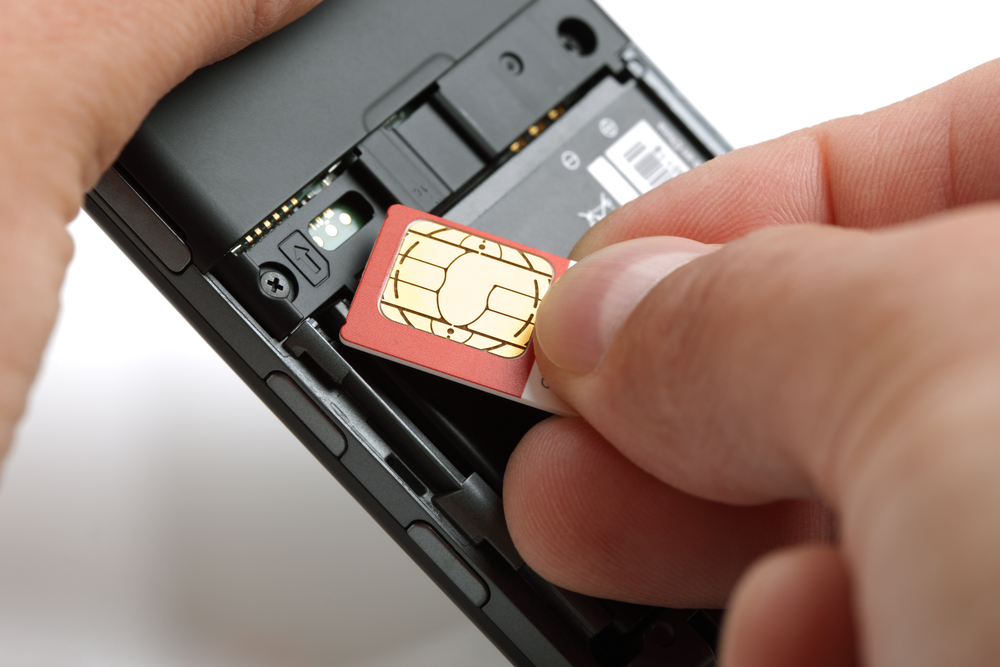
US House of Representatives approves bill legalizing phone unlocking
Do you rue the day you signed up with your phone provider? Maybe you've found a better offer elsewhere and want to take your cell phone to another company. Now, if you're in the US, you are able to -- legally -- unlock your mobile and take it to whatever network you like. The bill was approved yesterday, having been brought about by a massive petition that gathered over 100,000 signatures. A 2012 ruling made unlocking illegal by closing a DMCA exemption loophole that had been permitted in 2006 and 2010.
In other parts of the world it is common practice to unlock phones and move them between providers, so it's understandable that US residents felt they were getting a poor deal. Now the bill has been approved, handset owners are able "to legally unlock their cell phones so that they can use it on other cellular networks." But this does not mean there is going to be a free-for-all; unlocking must be carried out "without violating anti-circumvention provisions".
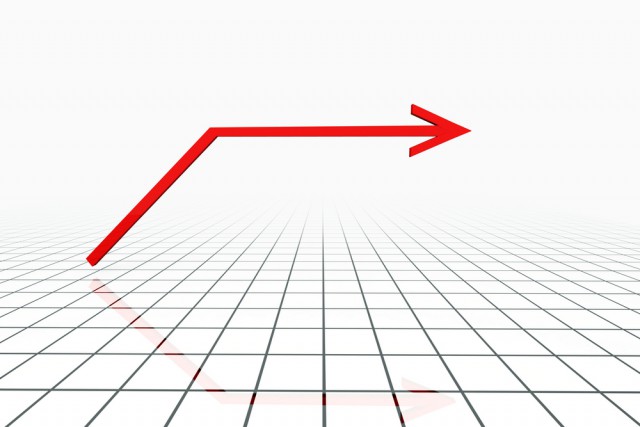
Windows Phone's growth stalls in major markets, except US
Nokia's underwhelming Lumia sales from Q4 2013 had a negative impact on Windows Phone's momentum in the most important part of last year. The disappointing performance continues as, sadly, the growth of the platform's market share stalled in the three months ending January 2014, according to a new report issued by Kantar Worldpanel ComTech, compared to Q4 2013.
Compared to the three months ending January 2013, Windows Phone actually posted higher year-over-year market shares in most major markets. But, its performance is more or less flat when we take into account the Q4 2013 results. The exception to the rule is US, where the tiled smartphone operating system managed to increase its share, albeit slightly, in the three months ending January 2014, when compared to the same period of last year and Q4 2013.

Laplink Sync for iOS launches, offers syncing between desktop and mobile
Laplink Software has released Laplink Sync for iOS 7.0, the latest release in Laplink's new Sync family, a collection of tools designed to allow users to manually sync media and other files across multiple platforms.
The app allows users to sync photos and videos between iPads, iPhones and iPod touches, and -- for an extra fee -- can also be used to sync with Android mobiles and Windows PCs running Laplink Sync for desktop. A Mac version is currently in development.
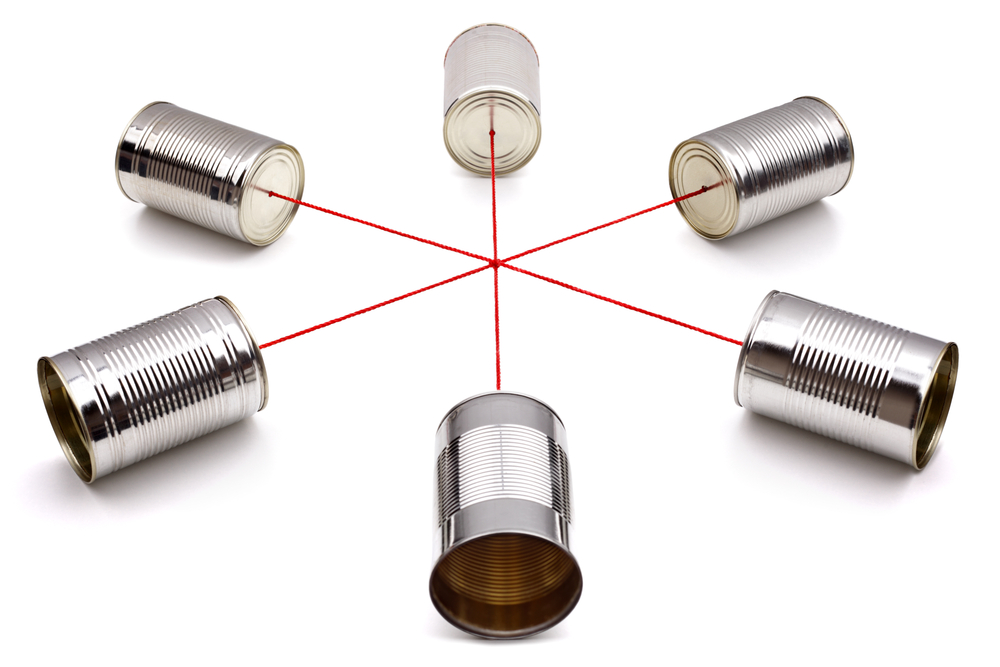
VoIP service Viber snapped up for $900 million
The world of VoIP services is one packed with various names bustling for attention. One of the biggest names in the game is Viber, which started small but grew impressively as it spread across platforms -- now it has grown to the point that it is deemed worthy of handing over $900 million. At least that is the view of Rakuten, the Japanese firm behind Play.com and the Kobo eReader that agreed to part with this not insubstantial sum of money for an outright purchase of Viber Media Ltd.
With around 280 million registered users, Viber could be quite a money-maker for Rakuten who explained that the service has a "rapidly growing numbers of users, especially in emerging countries". With its fingers already in various online pies -- ebooks, shopping and streaming media through Wuaki.tv -- Viber represents yet another string to Rakuten's bow as the company "aims to be the global number one internet services" provider.
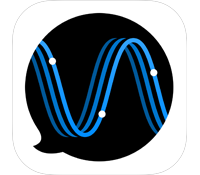
iTranslate Voice 2.1 reimagines the universal translator for iPhone and iPad
Sonico GmbH has released iTranslate Voice 2.1, a complete remake of its language translation app for iPad and iPhone. The app -- which now requires iOS 7 or later -- takes full advantage of several iOS 7 improvements, and sports a new user interface optimized for the latest version of Apple’s mobile OS.
iTranslate Voice 2.1 launches with a 50 per cent price reduction on the previous version, and comes with support for translating while offline, as well as the promise of improved voice recognition.
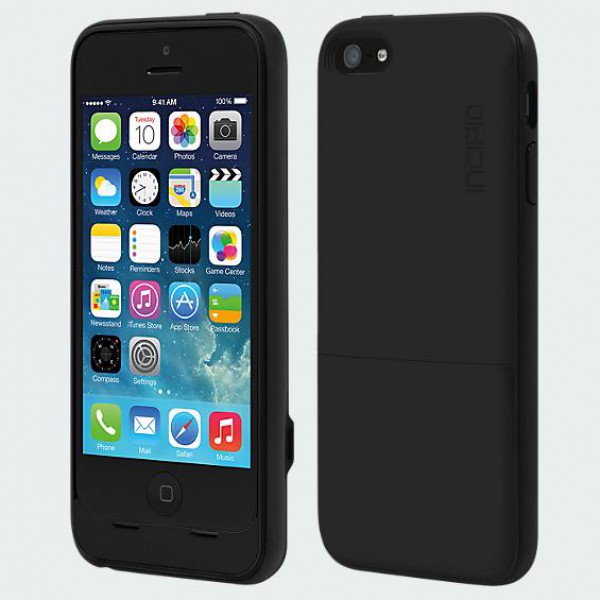
Verizon brings mobile payments to its iPhone-toting users
For many people across the globe making payments using their smartphones remains a thing of the future. Unlike credit and debit cards, for which there exist compatible devices in lots of locations to facilitate purchases, mobile payments require retailers to install new gadgets and smartphone owners to use special apps, which have to be supported by their bank and/or mobile operator of choice. It is a mess, really, at this point, as I have found out while trying to enable such a feature on my smartphone.
Mobile payments are easier to enable on smartphones which have NFC or a microSD card slot, and trickier to offer on handsets that do not. In the latter scenario, a case is needed in order for the feature to work. Luckily, for iPhone users on Verizon such an accessory and dedicated app are now available.

LinkedIn to spend $120 million on job-seeking site Bright
The social network for professionals, LinkedIn, is to acquire Bright, a job-search site that matches employers with potential employees. This is a purchase that makes a lot of sense for LinkedIn, the Facebook of the working world, helping to make it even easier for people to connect across industries. While LinkedIn has around 11 years of experience under its belt, Bright is more a newcomer, having only launched three years ago.
It seems like a perfect pairing. LinkedIn members have their resumes online as part of their profiles. Bright makes use of resumes to link people to jobs. It just seems to make sense. The three year old site is being purchased for what LinkedIn describes as "approximately $120 million, subject to adjustment". This total comprises 73 percent stock and 27 percent cash. The deal is expected to conclude by the end of Q1 2014.
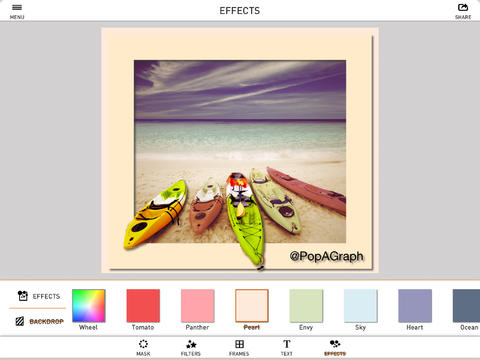
Best iOS apps this week
Fifth in a series. A big week for Apple as the company delivered record fiscal first quarter results -- $57.6 billion revenue and $13.1 billion net profit. The tech giant revealed it had shipped 51 million iPhones, an all-time quarterly record, compared to 47.8 million a year-ago, and 26 million iPads, up from 22.9 million in the same period a year ago. Wall Street wasn’t impressed, but that’s to be expected.
Of course a big part of Apple’s success is the number and quality of apps available for its hardware. As the owner of both iOS and Android devices, I find the apps for the iPhone and iPad to be vastly superior (although there are always exceptions). There’s less garbage, and far fewer ad-riddled apps. Part of that reason is Apple’s strict approval process, and the amount of money it pays to developers -- $2 billion in its fiscal first quarter -- helps too.

Facebook announces Paper -- its new story sharing app
Two weeks ago my colleague Mihaita Bamburic wrote a piece on how a Facebook news reader app could give users the best tailored content. Today, Facebook announces Paper, a "new app that helps you explore and share stories from friends and the world around you". It's not quite the app Mihaita was hoping for -- not yet, at least -- but it does sound promising.
Paper is essentially a Flipboard alternative for iPhone (and Android eventually, presumably) that displays content from your Facebook friends, well-known publications, and "emerging voices" in a fullscreen, distraction-free layout.
